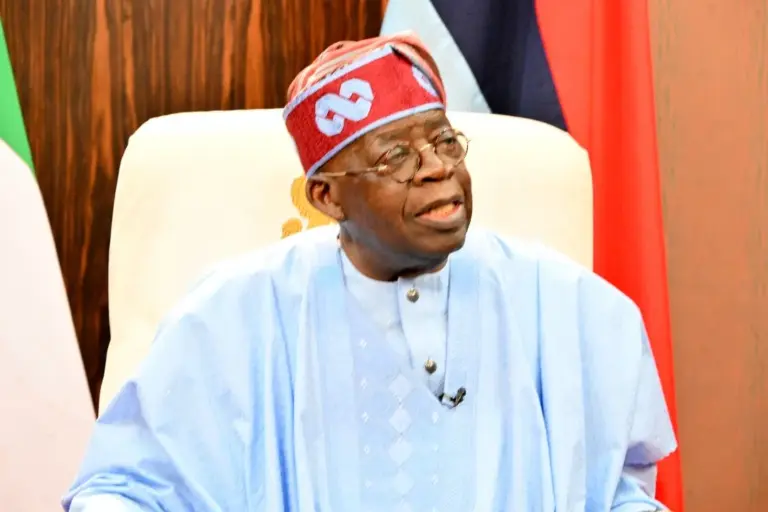Nigeria’s government has dismissed allegations of state-backed religious persecution, reaffirming its constitutional commitment to religious freedom and tolerance in response to remarks by former U.S. President Donald Trump suggesting possible U.S. military intervention.
At a press briefing in Berlin on Tuesday, Foreign Affairs Minister Yusuf Tuggar emphasized that Nigeria’s Constitution explicitly prohibits discrimination based on faith and guarantees the protection of all citizens.
“There can be no form of religious persecution supported or condoned by the Nigerian government—at any level,” Tuggar said, underscoring that Nigeria’s leadership remains committed to upholding the rule of law and peaceful coexistence among its diverse communities.
Context Behind the Tensions
Tuggar’s remarks follow comments made by Trump over the weekend, in which he claimed that Christians were being killed “in very large numbers” in Nigeria and that he had asked the U.S. military to consider a response plan.
The Nigerian minister, however, cautioned against oversimplifying the country’s complex security situation, stressing that violence in Africa’s most populous nation affects citizens across both Christian and Muslim communities.
“Nigeria’s conflicts are often misrepresented,” he explained. “These are multidimensional crises involving criminality, insurgency, and resource struggles—not religious persecution.”
Warning Against Division and Misrepresentation
Standing beside German counterpart Johann Wadephul, Tuggar warned that international narratives framing Nigeria’s insecurity as a faith-based conflict could have destabilizing effects.
He drew parallels with Sudan’s decades-long internal divisions, urging the global community to avoid promoting rhetoric that might deepen polarization.
“The world must learn from Sudan’s experience,” Tuggar said. “Attempts to split nations along religious or ethnic lines only lead to greater suffering. Nigeria is determined not to walk that path.”
Government Reiterates Constitutional Safeguards
In a separate statement issued earlier by Foreign Affairs spokesperson Kimiebi Ebienfa, the Nigerian government reaffirmed that the Constitution protects citizens of all religions equally.
“Nigeria opposes religious persecution and remains committed to defending the rights of every individual, irrespective of faith,” Ebienfa stated. “Our diversity—like that of the United States—is not a weakness but one of our greatest strengths.”
A Balanced Perspective on Nigeria’s Security
Nigeria, with a population split almost evenly between Christians in the south and Muslims in the north, continues to confront a range of security challenges—from terrorism and banditry to farmer-herder conflicts. Experts and analysts consistently note that these crises cut across religious and ethnic lines, often driven by economic and political grievances rather than ideology.
Officials say the government remains focused on restoring peace, strengthening local institutions, and fostering interfaith collaboration to prevent extremist manipulation.
“Our focus is unity and shared progress,” Tuggar concluded. “Nigeria’s strength lies in its ability to hold together as one nation, despite its differences.”

